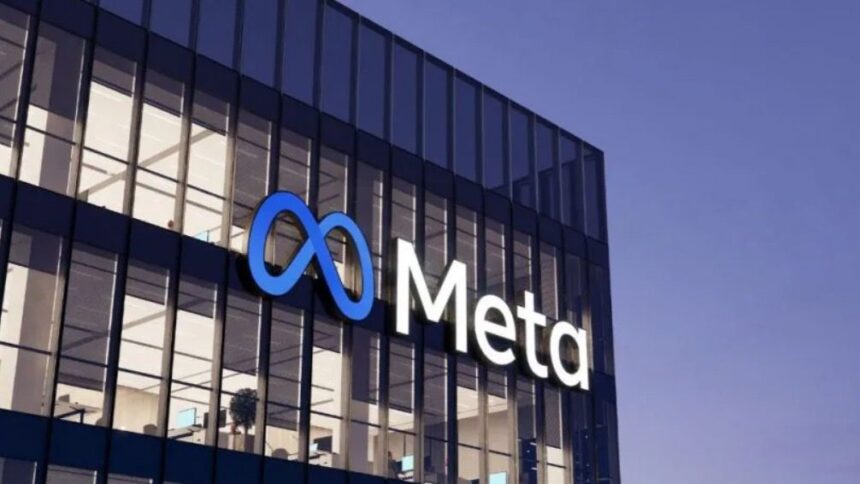Lenovo is making big moves in the world of artificial intelligence (AI), with plans to have 60 to 70 percent of its devices AI-native by 2026. This announcement was made at the company’s annual Tech World India 2024 event, where senior executives discussed the future of AI in devices.
According to Luca Rossi, President and EVP at Intelligent Devices Group (IDG), Lenovo, the company is focused on integrating AI capabilities into its product roadmap. He emphasized that in the next two to three years, 70 percent of Lenovo’s devices will be AI-native, with a particular focus on the premium space before expanding to other product lines.
This push for AI integration is part of Lenovo’s larger strategy to drive intelligent transformation across the industry. The company believes that AI will play a significant role in enhancing productivity and improving user experiences. Moreover, Lenovo has pledged not to charge consumers for AI capabilities and features in its devices, setting itself apart from competitors like Amazon and Samsung, who are considering fees or subscriptions for similar AI capabilities in their products.
In addition to its AI initiatives, Lenovo also unveiled a range of AI-powered devices under its AI for All theme at the Tech World India event. These include the Yoga Slim 7i, Yoga Pro 9i, IdeaPad Slim 5i, and ThinkPad X1 Carbon. The company’s commitment to AI integration and its unveiling of AI-powered devices demonstrate its dedication to staying at the forefront of technological innovation.
Furthermore, Lenovo announced the launch of its Made in India devices, aligning with the government’s push for Indian-manufactured laptops. This move positions Lenovo in the Class 1 PMA category, as more than 50 percent of components for a specific range of products are now sourced through local manufacturing. This demonstrates the company’s commitment to local production and supports the Indian government’s initiatives.
Shailendra Katyal, Managing Director of Lenovo India, highlighted the immense growth potential of the Indian market, especially in the context of low household penetration of PCs. He noted that the market is currently only at 10-12 percent household penetration of PCs, but with customers looking to replace older devices with AI-powered ones, the potential for growth is significant. Furthermore, he emphasized that India’s contribution to the overall PC TAM has increased, indicating strong market demand.
The executives also recognized the unique opportunities for AI in India, particularly in areas such as gaming, communication, and vernacular demand. They pointed out that chatbots could improve productivity by 25-30 percent in India, showcasing the significant impact of AI in enhancing various aspects of daily life.
Looking ahead, Lenovo outlined its roadmap for AI experiences, emphasizing that it is not a sprint but a marathon. The company is also focused on increasing local content for phones and working closely with industry bodies and the government to enhance localization for PCs. Moreover, Lenovo is preparing for a surge in memory and storage demand, not just for PCs and phones, but also for electric vehicles (EVs).
Overall, Lenovo’s commitment to integrating AI into its devices, its focus on local manufacturing, and its recognition of the potential of the Indian market showcase the company’s forward-looking approach to technology and innovation. With its ambitious plans for AI integration and its dedication to meeting the unique needs of the Indian market, Lenovo is poised to make a significant impact in the technology industry in the coming years.


